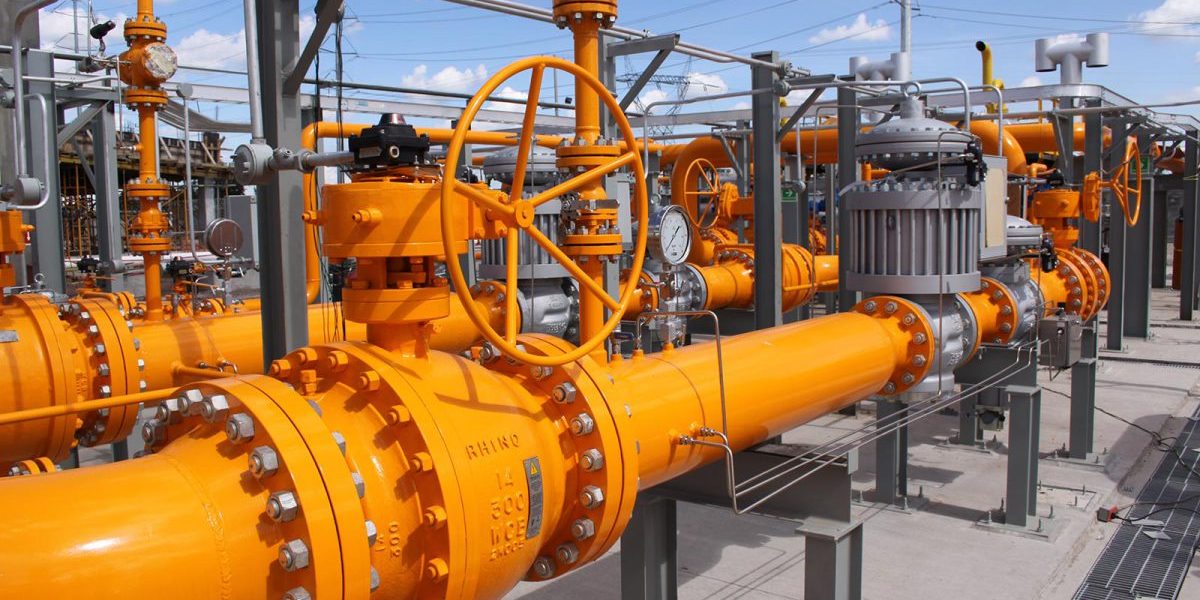GENSA (Gasoductos y Estaciones del Norte), a 100% Mexican company created more than 35 years ago, has 15 business lines in which they serve the transportation, distribution, storage and marketing of natural gas, covering the residential, commercial, industrial and vehicular markets, and providing design, manufacturing, operation, maintenance, upgrading and technical advice services in Regulation Stations, City Gate, interconnections, pipelines and turnkey projects of natural gas.
The company started its activity in Monterrey, then expanded throughout the country, and currently also has a presence in Central America, as well as in the United States (South Texas and California).
“We are a company dedicated to offering domestic and industrial solutions and installations through innovative designs,” recently said Oscar Mendoza, Director of Gensa for 15 years, in an interview with Índigo Energía e Industria.
“The emblematic of Gensa are the industrial stations. We have a 5,000 m2 plant built five years ago with the capacity to manufacture 400 stations per year. We also have another plant in Monterrey, where we develop elevators, domestic connections, and risers. Currently, we export 90% of all this production to the United States, our main customer,” added Mendoza.
Regarding the challenges for the expansion of natural gas in Mexico, the businessman pointed out that even though there are many companies in the country interested in investing in the transportation, distribution, and sale of natural gas, the big challenges are permit authorizations. “With the will to deliver the permits that allow gas to be brought to the industry, not only the industry could be expanded, but also the region in general, generating employment, improving the conditions and energy environment in the area,” he added.
“We are waiting for the federal government associations to bring the gas to different regions of the country. Taking the gas pipelines to regions where agreements already exist will open up new opportunities to interconnect companies or cities so that they can have that gas that they do not have now. So, in this type of project, we also have a solution to be able to feed the industries or the cities that are going to require the gas. When the construction works begin, we are going to have approaches with the possible clients that require energy,” he explained.
Concerning the future of the Mexican energy market and the transition towards cleaner energies, Mendoza said that natural gas is environmentally friendly and a transition fuel that will promote the migration towards industry decarbonization. In this sense, he assured that in addition to gas, they are betting on new energy sources, such as green hydrogen. He reported that last year they became the first company in Mexico to design and build a station capable of receiving a mixture of 70% hydrogen and 30% methane. But, today, they are ready to provide solutions with 100% green hydrogen.
In addition, Mendoza announced that, in the coming weeks, they will present a solution for biogas. “As a company, our goal is to innovate in solutions. This is how we started with the interconnections to the transport pipelines, the issue of hydrogen, NGV, CNG, LNG and now we are moving towards biogas. We understand that a transition is coming to generate gas through waste and manure. We are going to have a packaged solution to be launched in the country,” he assured.







